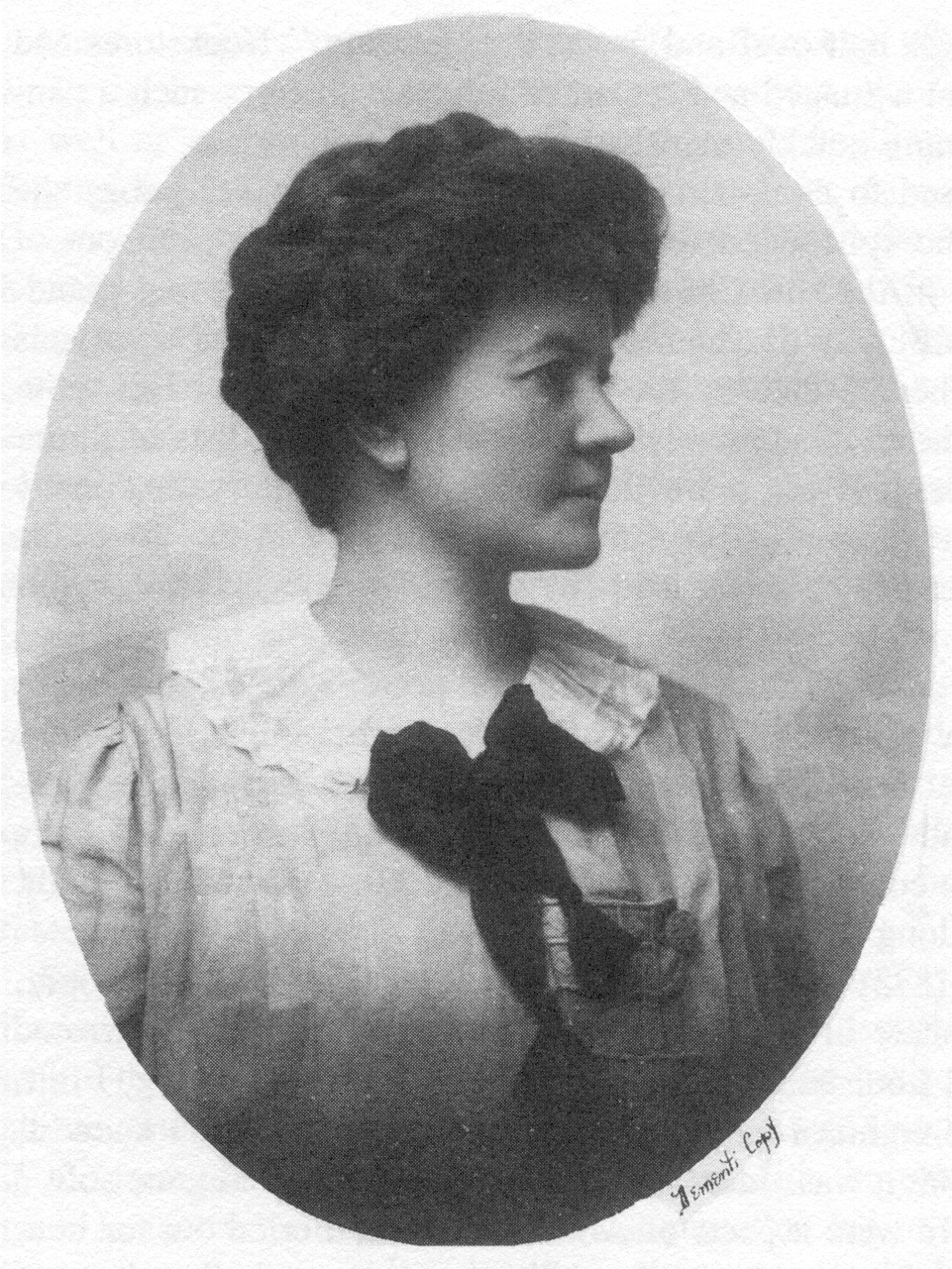
Alexander Manly, editor of the Record
and reputed illegitimate grandson of
Charles Manly, N.C. governor, 1849-51
Manly had just read a speech by Mrs. Rebecca Felton, the wife of a Georgia congressman and a leading women's rights advocate in the South. Felton had declaimed that the greatest danger to rural white women was "the black rapist," and said that this threat must be stopped, even if it meant "lynching a thousand negroes a week."
Manly countered that black men were no more interested in white women than white men in black women, and that white women were often interested in black men, just as black women were sometimes interested in white men. Men of each race should learn to care better for their wives, and there would not be any trouble.
Manly's editorial was reprinted within days in every white newspaper in the state, and in many newspapers throughout the South. Politicians and editors attacked it as a clear example of Negro arrogance and sexual bravado. In Wilmington, the Messenger declared it an "Attack Upon White Christian Womanhood" in an inflamatory statement that was centered on the bottom front page of every edition of the newspaper from August until the November elections.

A White Christian Woman
Male chauvenism and pride, together with racism, were enlisted in the cause of racial violence, and the combination was explosive. The white men of Wilmington were called upon to protect their wives and daughters from the Negro sexual predator. This aspect of the 1898 events is discussed insightfully in Joel Williamson's The Crucible of Race: Black/White Relations in the American South since Emancipation and Glenda Gilmore's Gender and Jim Crow: Women and the Politics of White Supremacy in North Carolina, 1896-1920 (see Acknowledgements, Books and Resources).
return to Table of Contents
return to 3.2
Link to 3.4:
THE FALL ELECTIONS